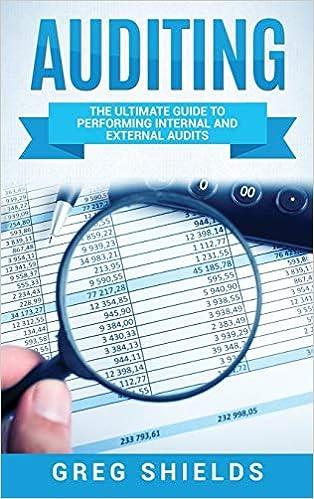Question
Dr. Eger is a physician who operates on two different types of patients. He has been pressing the HOS for more operating-room time. HOS is
Dr. Eger is a physician who operates on two different types of patients. He has been pressing the HOS for more operating-room time. HOS is busy and would have to turn away other surgeons if it complies. Eger claims that he has become so efficient lately that HOS cannot afford to refuse him. As evidence of his improved efficiency, he points out that in August he operated on 18 patients. The total cost of treating the patients was $129,100. In September he operated on 18 patients. The total cost of treating the patients was only $127,000. According to Dr. Eger, he has generated a total savings of $2,100. Your investigation determines that in August he treated seven Type X patients with an average cost of $4,300 and 11 type Y patients with an average cost of $9,000. In September, he treated eight Type X patients and ten Type Y patients. Costs in September for his patients were $5,000 for Type X and $8,700 for Type Y. Although the August cost for Type X patients had risen, Eger points out that costs for the higher-volume, higher-cost type Y patients had fallen. Develop a case-mix variance and a cost variance so we can better understand the impact on HOS of the changes in Dr. Egers practice from August to September. What other information would be of interest in this particular case?
Step by Step Solution
There are 3 Steps involved in it
Step: 1

Get Instant Access to Expert-Tailored Solutions
See step-by-step solutions with expert insights and AI powered tools for academic success
Step: 2

Step: 3

Ace Your Homework with AI
Get the answers you need in no time with our AI-driven, step-by-step assistance
Get Started


